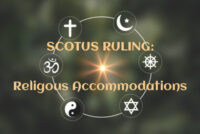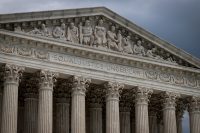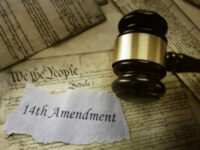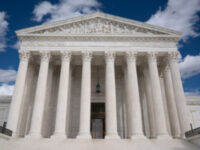Attacks on DEI Increase
Corporate diversity, equity, and inclusion (DEI) programs continue to face new challenges after the Supreme Court’s decision last year banning explicit use of race in admissions to higher education—SFFA v. Harvard/UNC. It’s important to recognize that although the Court’s decision didn’t change the law, it did change how corporate DEI programs are perceived and, thus, […]










